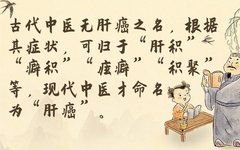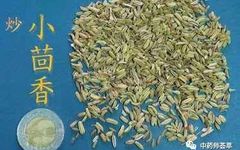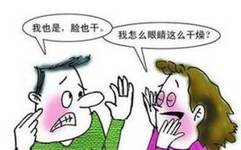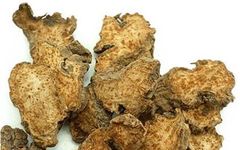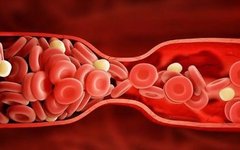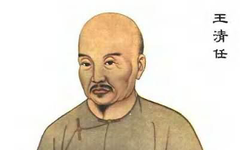Traditional Chinese Medicine Treatment for Lung Cancer: Harmonizing Qi and Blood, Supporting the Right and Expelling Evil
Lung cancer is one of the most common malignant tumors in China, posing a serious threat to human health and life. The biological characteristics of lung cancer are very complex, with a high degree of malignancy. Traditional Chinese Medicine (TCM) plays an indispensable role in the treatment of lung cancer, with a history of thousands … Read more

